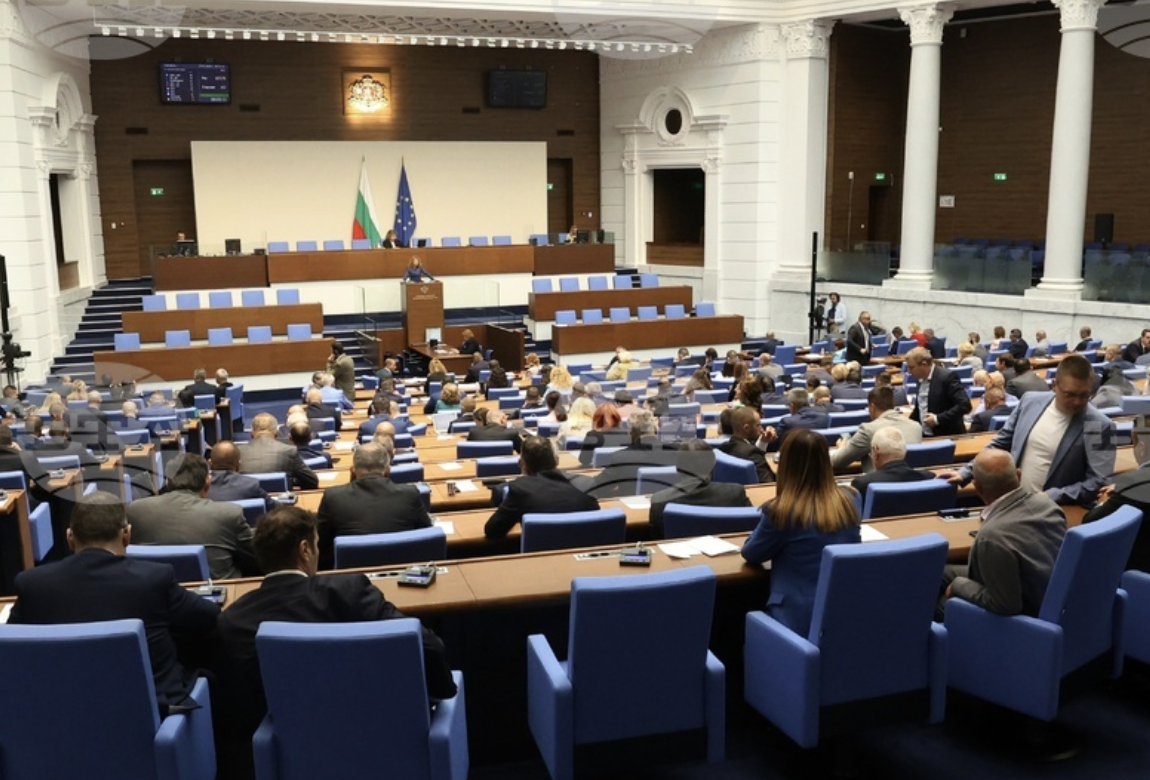Bulgaria’s parliament advanced the 2026 State, Social Insurance, and Health Insurance budgets, projecting 2.7% growth and a 3% deficit. The plans raise wages, pensions, and social contributions, but divide opinion—unions welcome income growth, while employers warn of inflation and fiscal strain ahead of Bulgaria’s eurozone aspirations
Bulgaria’s parliamentary committees on Tuesday debated and adopted at first reading the 2026 State Budget Bill, Public Social Insurance Budget Bill, and National Health Insurance Fund (NHIF) Budget Bill. The draft budgets, submitted by the government on November 13, project a 3% fiscal deficit and moderate growth of up to 2.7% in 2026. Public debt is forecast at 31.3% of GDP, rising to 36.6% by 2028. Key measures include raising the minimum wage to EUR 620, increasing pensions and social security ceilings, and introducing tax and contribution adjustments aligned with Bulgaria’s eurozone accession plans.
The state budget drew mixed reactions. Trade unions supported its focus on income growth, while employers warned of inflation risks and burdens on businesses from higher contributions and wage hikes. Lawmakers from the Movement for Rights and Freedoms and the BSP endorsed the budget as socially oriented, while the Continue the Change–Democratic Bulgaria group and some employers criticized it for raising taxes and undermining competitiveness.
The Public Social Insurance Budget forecasts an 8.5% increase in average pensions to EUR 541, with higher contribution rates expected to bring in additional revenues. The National Social Security Institute described the plan as feasible, despite 536,000 pensioners still living below the poverty line.
The NHIF Budget sets revenues and expenditures at EUR 5.57 billion, up 15% from 2025, including a new EUR 260 million allocation for hospital salaries. Employer groups and healthcare unions criticized the spending structure for overemphasizing hospital care and lacking guarantees that funds will raise medical wages. Finance Minister Temenuzhka Petkova called the 2026 draft “the most realistic budget possible,” noting it maintains the deficit within EU fiscal limits and aligns with euro adoption objectives, though political divisions remain pronounced.





